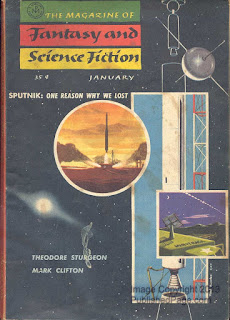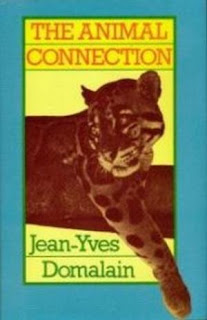 Erik Storey is a former ranch hand, wilderness guide, dogsled musher, and hunter. He spent his childhood summers on his great-grandfather’s homestead or in a remote cabin in Colorado’s Flat Tops wilderness.
Erik Storey is a former ranch hand, wilderness guide, dogsled musher, and hunter. He spent his childhood summers on his great-grandfather’s homestead or in a remote cabin in Colorado’s Flat Tops wilderness.Nothing Short of Dying is his first novel.
Recently I asked Storey about what he was reading. His reply:
I currently have three books going. Two non-fiction for research, and one fiction for fun.Visit Erik Storey's website.
The first is The Survival Doctor's Complete Handbook, by James Hubbard, MD. This is a fascinating read. The doc writes in plain English,in a style that’s fun to follow, and explains everything from putting a dislocated joint back into place, to helping with childbirth and treating a sucking chest wound. This information could come in handy both while I’m out in the boonies, or for a character in the next book.
The other non-fiction book is My Friend the Mercenary, by James Brabazon. It’s a memoir about a war-torn West Africa and one of Africa’s most notorious mercenaries. This is a rough read, but hugely informative. I’m reading it to provide texture and detail for the backstory of my main character, Clyde Barr.
The fiction book on my nightstand is Vanished, by Joseph Finder. It is simply amazing. The main character, Nick Heller, is someone I’d follow through many, many books. Not only is this book well-written and clever, but it is funny and fun.
My Book, The Movie: Nothing Short of Dying.
The Page 69 Test: Nothing Short of Dying.
--Marshal Zeringue














































